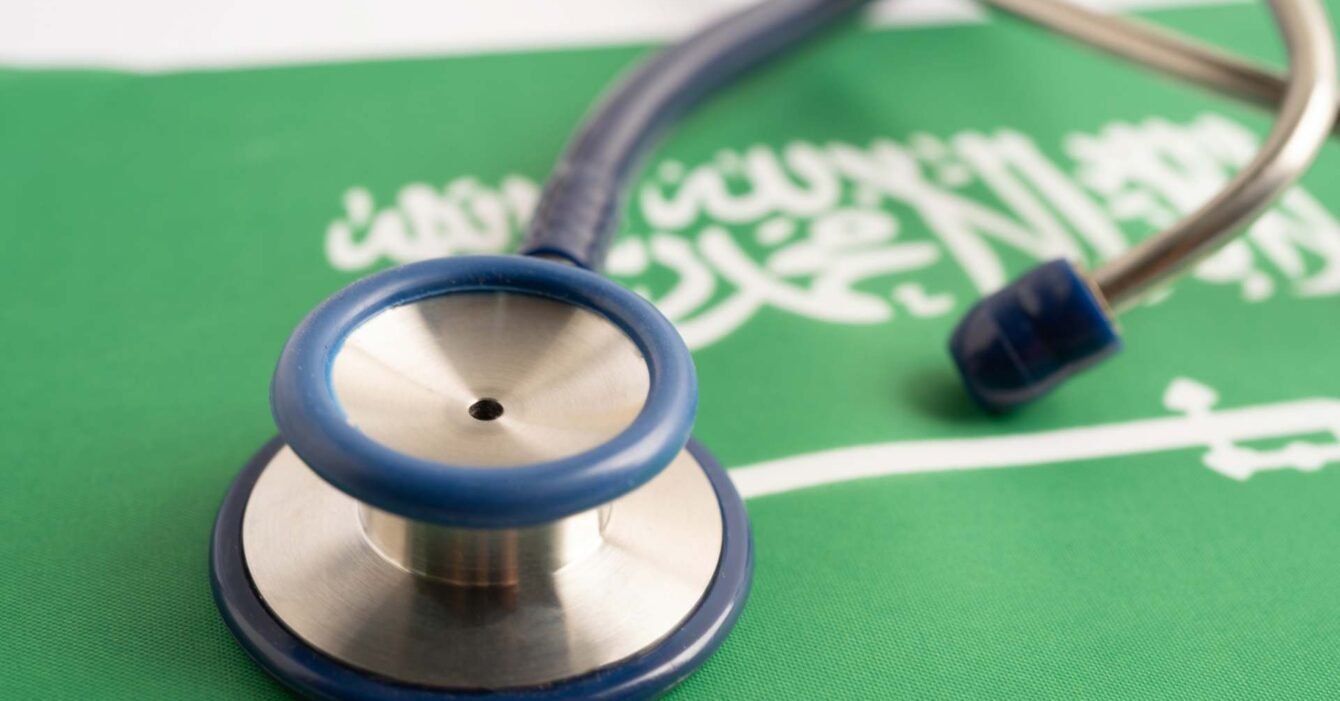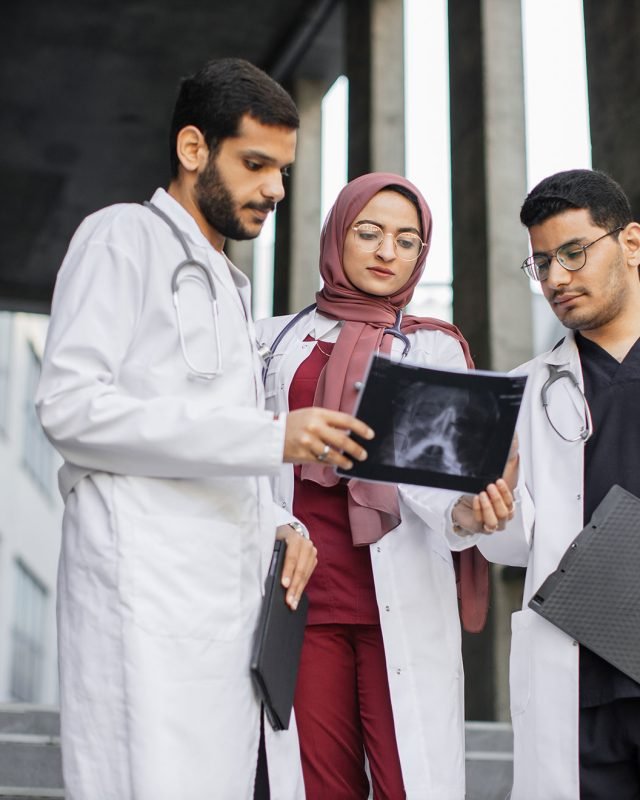Saudi Arabia’s Massive Healthcare Infrastructure Investments
Healthcare Infrastructure Expansion in Saudi Arabia is taking a monumental leap forward with an unprecedented commitment of SR260 billion ($69.3 billion) towards the health and social development sector. This strategic investment marks a significant milestone in the Kingdom’s ambitious Vision 2030 plan, aimed at enhancing the quality of life and healthcare services for its citizens and residents.
Transformative Projects and Strategic Goals
One of the cornerstone initiatives is the construction of five new hospitals by 2025. These facilities, located in Rijal Almaa, Dhahran Al-Janoub, Hail, Makkah, and Riyadh, will collectively add 963 beds to the country’s healthcare system. Notably, Riyadh will see the establishment of a dedicated mental health hospital, reinforcing the Kingdom’s commitment to comprehensive care.
In line with the Healthcare Infrastructure Expansion efforts, the Ministry of Finance’s budget report outlines a target to increase bed capacity to 23 beds per 10,000 residents in the targeted provinces. This significant enhancement is designed to ensure better access to healthcare services and reduce the burden on existing facilities.
Enhancing Emergency and Preventive Services
The budget also prioritizes emergency services, early detection programs, cancer care, and expanded dialysis services. These initiatives underscore a holistic approach to healthcare that emphasizes prevention, early intervention, and state-of-the-art infrastructure. The deployment of 568 new vehicles, including ambulances, electric vehicles, and amphibious units, will bolster emergency medical services, ensuring timely medical attention in remote areas and during crises.
Digital and Technological Advancements
Saudi Arabia’s investment in digital healthcare systems is another pivotal aspect of this transformation. The adoption of electronic health records, telemedicine services, and other digital health solutions are proving beneficial in improving performance and health outcomes. The Kingdom’s partnership with Orion Health aims to create the world’s largest health information exchange, connecting 5,000 institutions and 32 million people.
Artificial Intelligence, particularly generative AI, is expected to play a crucial role in enhancing patient care and healthcare efficiency. McKinsey forecasts that widespread adoption of digital solutions could yield economic benefits ranging from $15 billion to $27 billion by 2030.
Also Read: Saudi Hospitals Slash Lab Wait Times by 52% with Automation
Focus on Early Screening and Vaccination Programs
Preventive healthcare remains a focal point with the implementation of newborn screening programs to detect hearing impairments and genetic disorders. The integration of preschool hearing screenings with the Noor system aims to improve educational outcomes. Furthermore, the expansion of HPV vaccination coverage to achieve a 90 percent vaccination rate among girls in their first year of intermediate school reflects the Kingdom’s proactive stance on public health.
Comprehensive Cancer and Dialysis Care
The Kingdom is also ramping up its cancer care services by expanding early detection capabilities and equipping new oncology centers with advanced diagnostic equipment. Dialysis services at Huraymila and Jazan General Hospitals will see a 200 percent increase in capacity, ensuring that more patients receive timely and effective treatment.
Conclusion
Saudi Arabia’s Healthcare Infrastructure Expansion is a testament to its unwavering commitment to improving the health and well-being of its population. With substantial investments in new facilities, advanced technologies, and preventive programs, the Kingdom is poised to set new benchmarks in healthcare quality and accessibility. As these initiatives unfold, they will not only enhance healthcare services but also contribute significantly to the overall social and economic development of the nation.




